Now Reading: Elon Musk’s Hilarious Reaction to AI’s Indian Groom Image
- 01
Elon Musk’s Hilarious Reaction to AI’s Indian Groom Image
Elon Musk’s Hilarious Reaction to AI’s Indian Groom Image

In a recent viral sensation, an AI-generated image of Elon Musk dressed as an Indian groom has taken the internet by storm. The Elon Musk’s image, created using an advanced artificial intelligence (AI) technology, depicts the Tesla CEO in traditional Indian wedding attire, complete with a vibrant sherwani and a turban. The picture quickly caught the attention of netizens around the world, including Musk himself, who responded with his trademark wit and humor. Let’s delve into the details of this intriguing phenomenon and Elon Musk’s response.
Table of Contents
Elon Musk’s Impression:
Known for his charismatic presence on social media, Elon Musk couldn’t resist sharing his thoughts on the AI-generated image that portrays him as an Indian groom. Taking to Twitter, Musk posted the picture with a caption that read, “Great thread.” His response delighted his millions of followers, who eagerly engaged in discussions about the image and its implications.
The AI-Generated Image:
The AI-generated image, crafted by blending machine learning algorithms and deep neural networks, showcases the capabilities of modern AI technology. The image generation process involves feeding the AI model with vast amounts of data, allowing it to learn and mimic human artistic styles. In this case, the AI algorithm captured the essence of Indian wedding customs and traditions, creating a striking portrait of Elon Musk transformed into an Indian groom.
The Significance:
The viral image represents more than just a fun experiment in AI creativity. It highlights the tremendous potential of artificial intelligence in various domains, including art, entertainment, and even social commentary. The fact that the image features a globally recognized figure like Elon Musk adds an extra layer of intrigue and fascination to the entire endeavor. It serves as a testament to the advancements in AI technology and its ability to push the boundaries of creativity and imagination.
Cultural Appreciation:
While the AI-generated image may have sparked amusement and admiration among many, it also raises important discussions about cultural appreciation and representation. Some view the image as a lighthearted celebration of cultural diversity, showcasing the ability of AI to transcend boundaries and merge different cultures. Others, however, argue that such depictions can potentially perpetuate stereotypes and cultural appropriation. These differing perspectives highlight the need for ongoing dialogue and sensitivity when it comes to AI-generated content and its potential impact on diverse communities.
AI’s Role in the Future:
The AI-generated image of Elon Musk as an Indian groom serves as a glimpse into the future possibilities of AI technology. As AI continues to evolve and improve, we can expect more innovative and thought-provoking creations. From generating realistic artwork to producing lifelike virtual experiences, AI has the potential to transform various industries and revolutionize the way we perceive and interact with the world around us.
The AI-generated image of Elon Musk as an Indian groom has become a global sensation, capturing the attention and imagination of people worldwide. Elon Musk’s witty response further fueled the viral nature of the image, leading to discussions about AI, cultural appreciation, and the future of technology. This remarkable creation exemplifies the power of AI to bridge gaps and inspire conversations while pushing the boundaries of human imagination. As AI continues to evolve, we can expect even more astonishing and thought-provoking developments that will shape our future.
FAQs
Q: How was the AI-generated image of Elon Musk created?
A: The image was created using a generative adversarial network (GAN), which is a type of artificial neural network that can generate realistic images from random noise or existing images. A GAN consists of two components: a generator that creates new images and a discriminator that evaluates how realistic they are. The generator and discriminator compete with each other until they reach an equilibrium where the generated images are indistinguishable from real ones.
Q: Who created the AI-generated image of Elon Musk?
A: The image was created by an anonymous user who posted it on Reddit under the subreddit r/india. The user claimed that they used an online tool called Artbreeder, which is a web-based platform that allows anyone to create and explore images using GANs.
Q: Why did Elon Musk respond to the AI-generated image?
A: Elon Musk is known for his interest and involvement in various fields related to artificial intelligence, such as self-driving cars, neural interfaces, and space exploration. He is also an avid user of social media platforms like Twitter, where he often shares his opinions and jokes about various topics. He probably found the AI-generated image amusing and decided to share it with his followers.
Q: What are some other examples of AI-generated content?
A: AI-generated content is becoming more prevalent and diverse as technology advances. Some examples include:
- Deepfakes: Videos or images that manipulate or replace someone’s face or voice with another person’s using deep learning techniques.
- Text generation: Natural language processing systems that can produce coherent texts based on given prompts or contexts.
- Music generation: Algorithms that can compose original music or remix existing songs based on different genres or styles.
- Style transfer: Methods that can apply the artistic style of one image to another image or video.
- Image synthesis: Techniques that can create new images from scratch or modify existing ones based on user inputs or preferences.
Q: What are some ethical issues related to AI-generated content?
A: AI-generated content can pose various ethical challenges and risks, such as:
- Misinformation and deception: AI-generated content can be used to spread false or misleading information, such as fake news, propaganda, or hoaxes, that can influence public opinion or behavior.
- Privacy and consent: AI-generated content can violate the privacy and consent of the people whose images, voices, or data are used without their permission or knowledge.
- Bias and discrimination: AI-generated content can reflect or amplify the biases and prejudices of the data or algorithms that are used to create it, leading to unfair or harmful outcomes for certain groups or individuals.
- Accountability and responsibility: AI-generated content can raise questions about who is accountable and responsible for the creation, distribution, and consumption of such content, especially when it involves legal or moral implications.


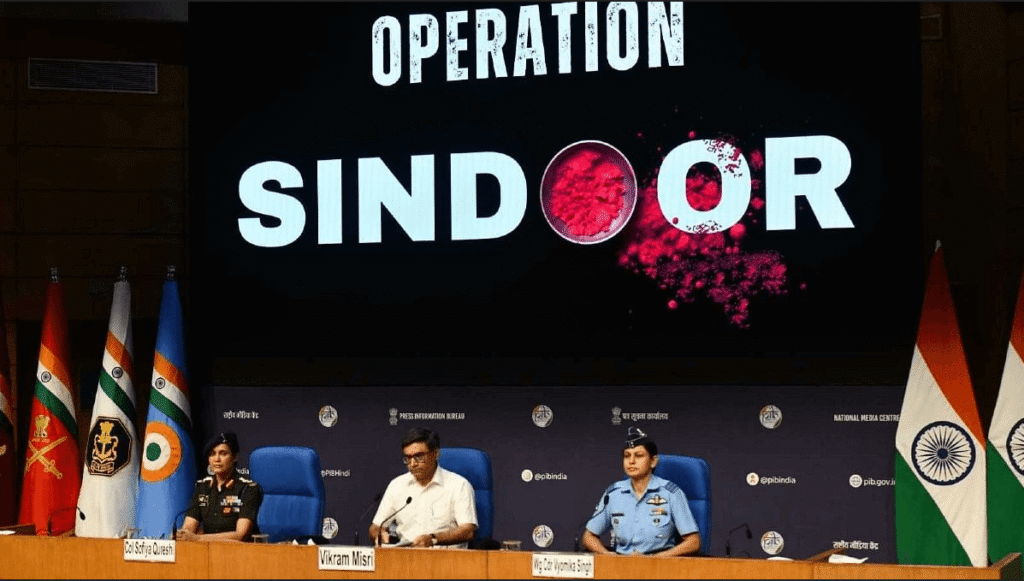
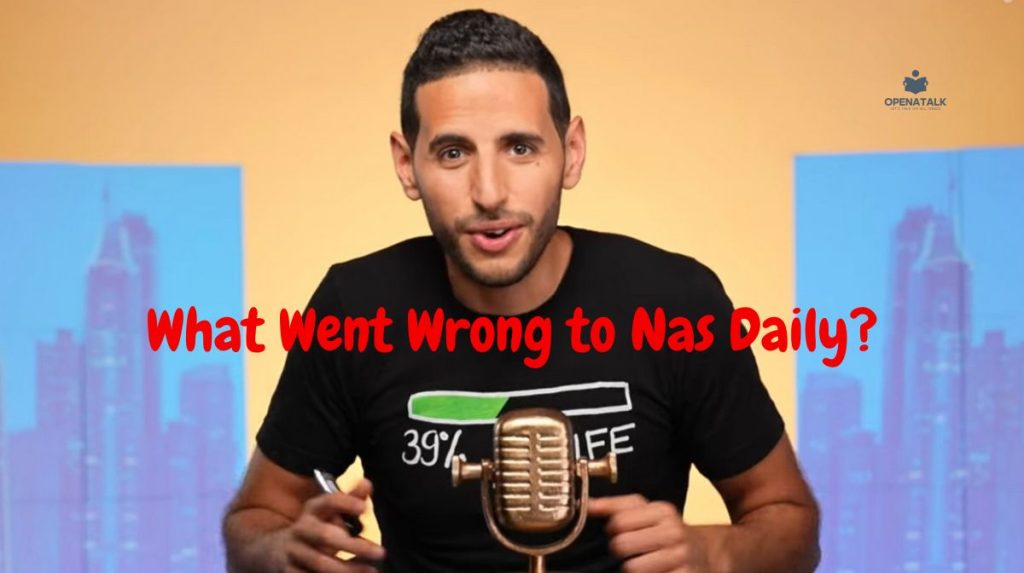
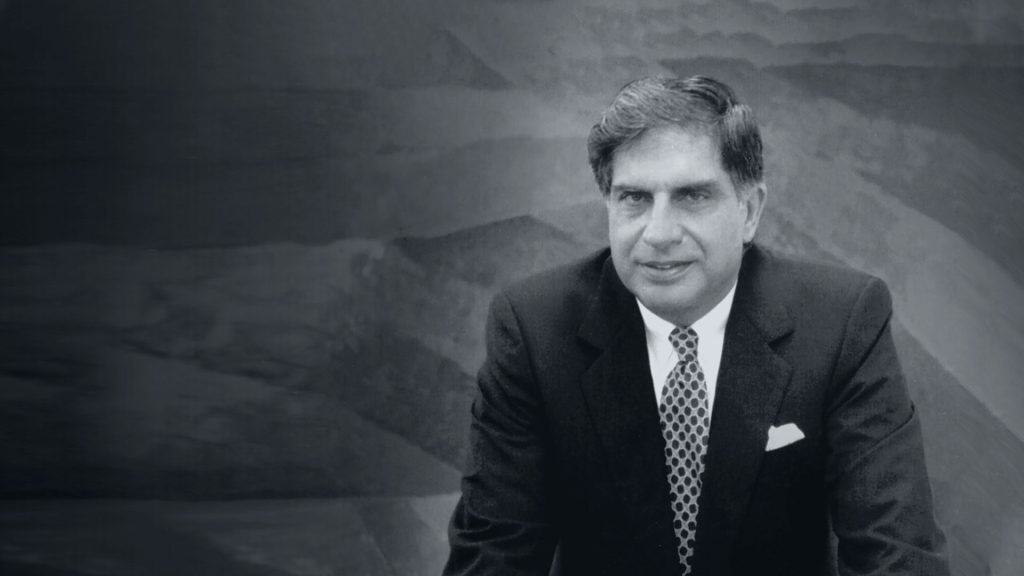

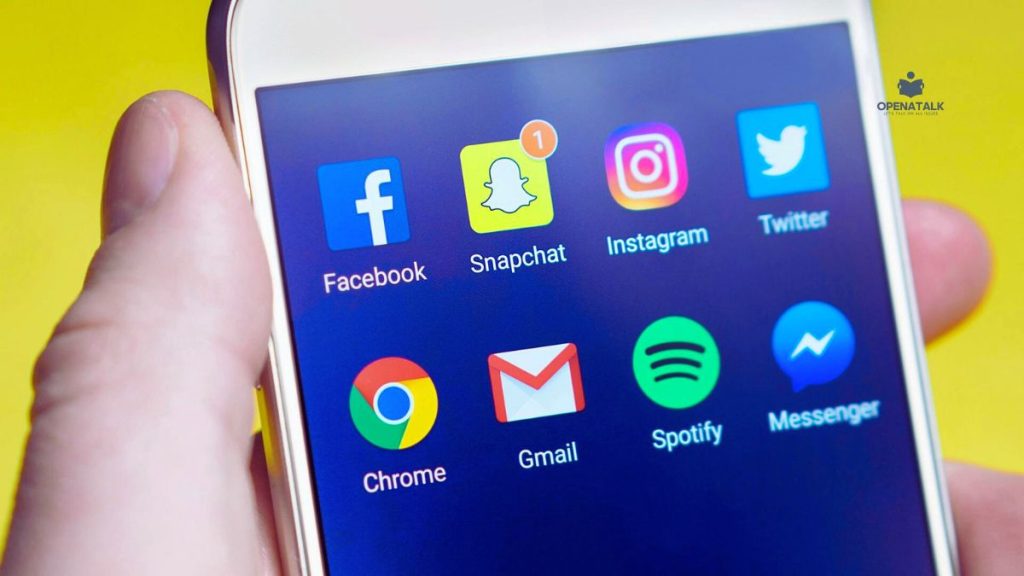
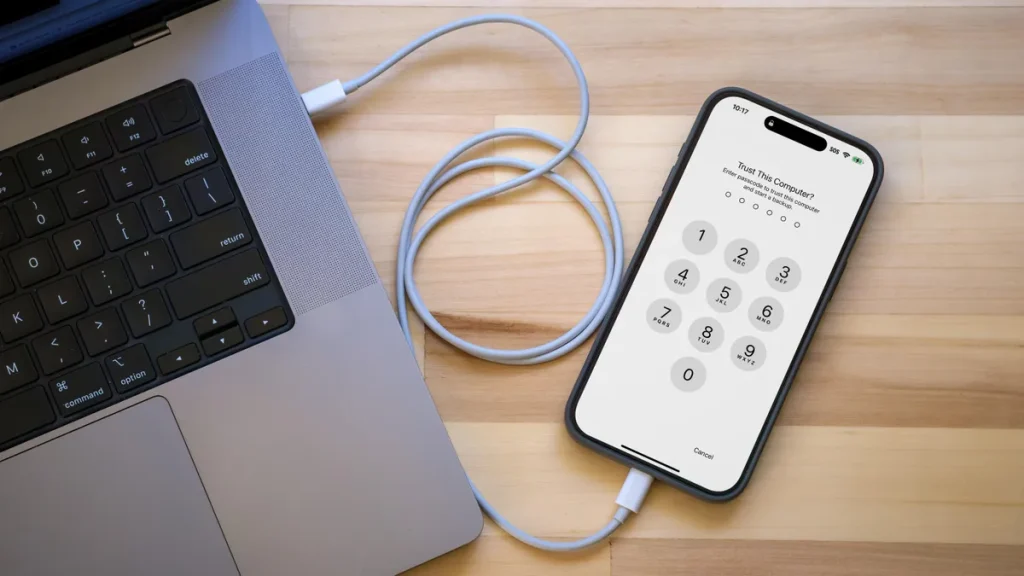

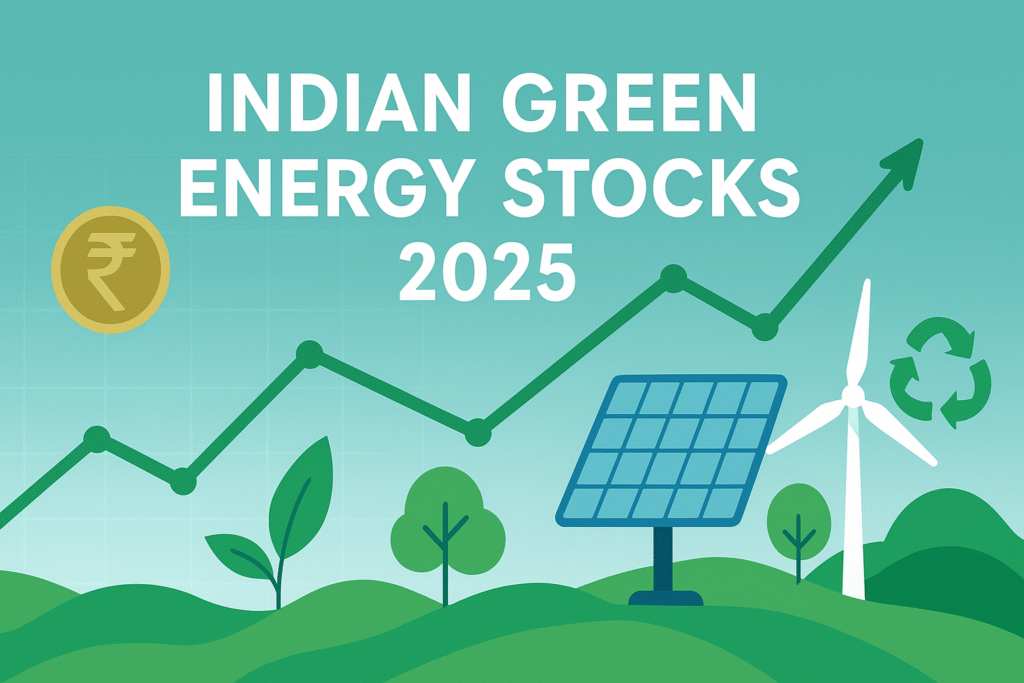
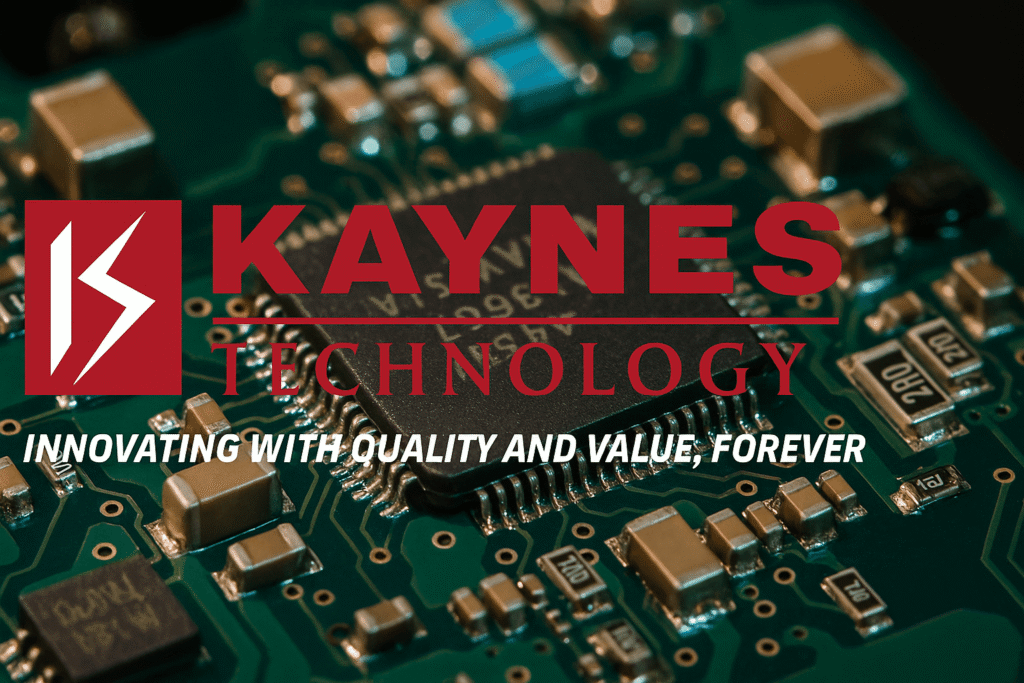

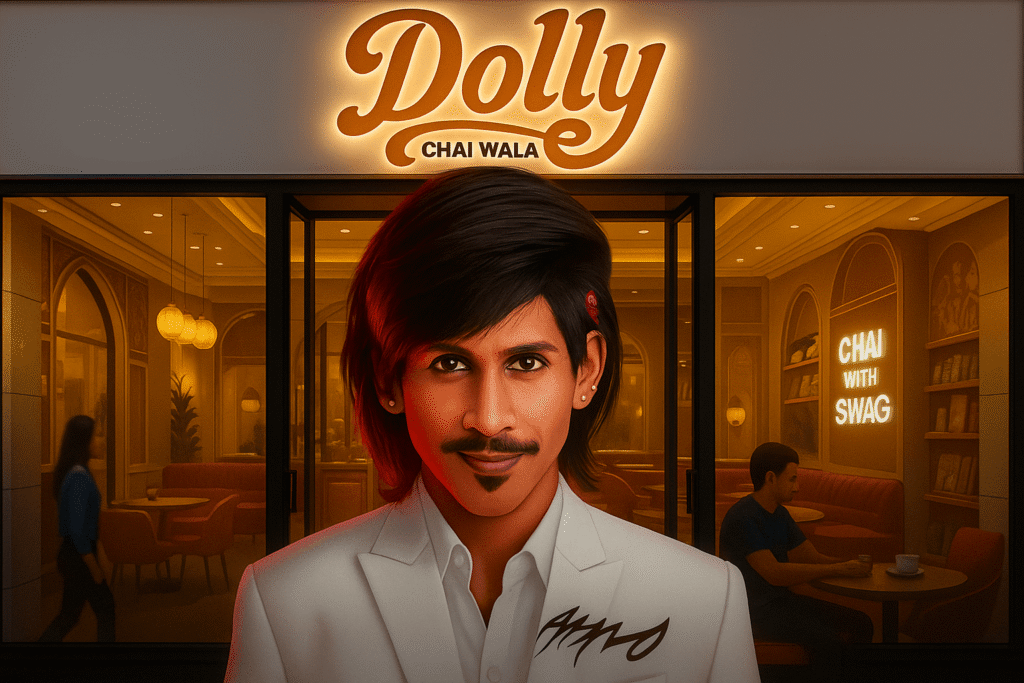
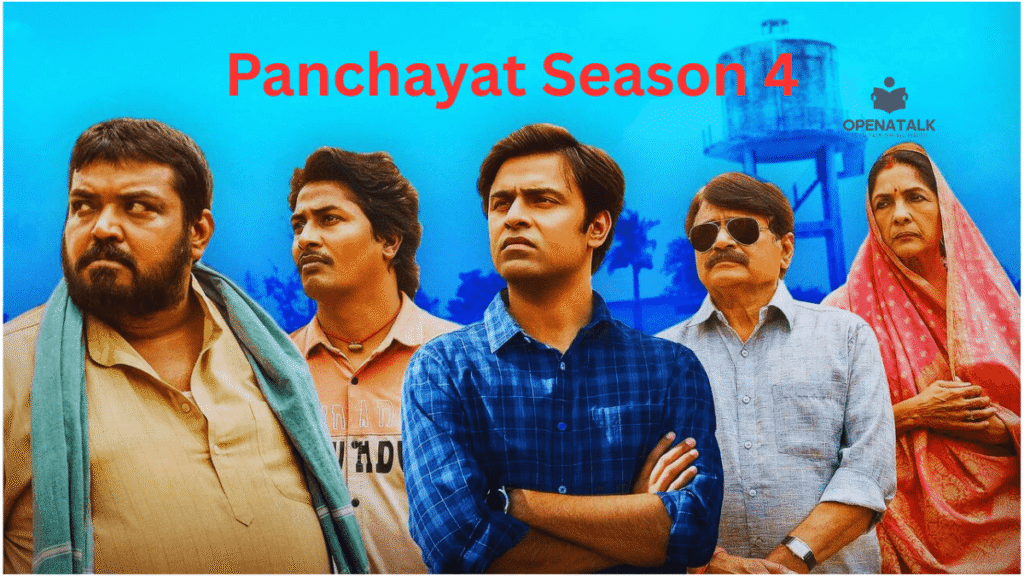
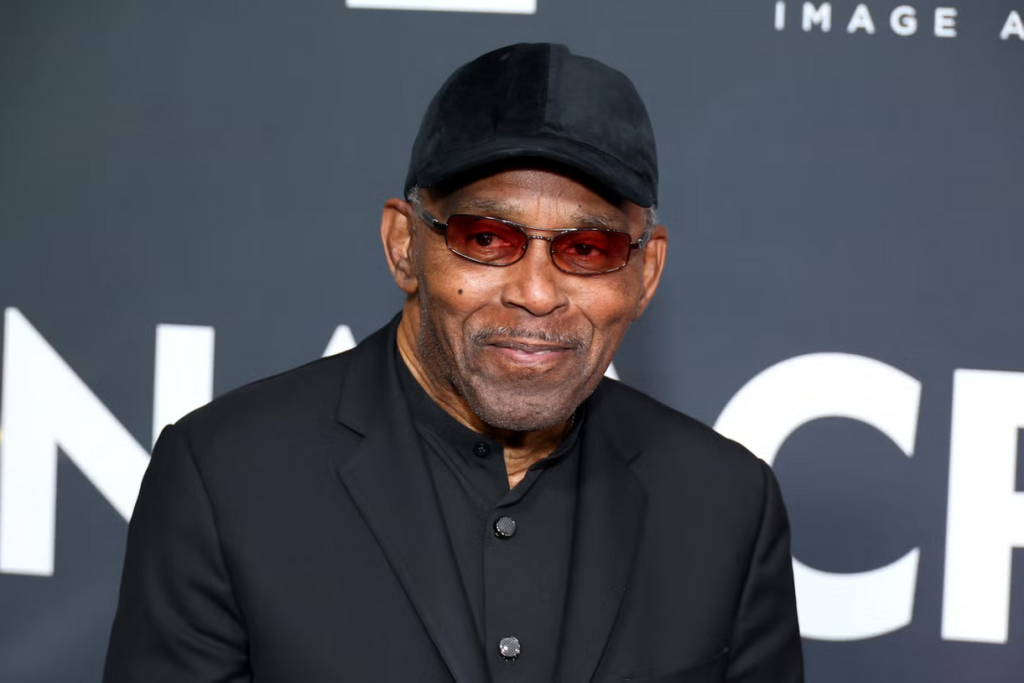
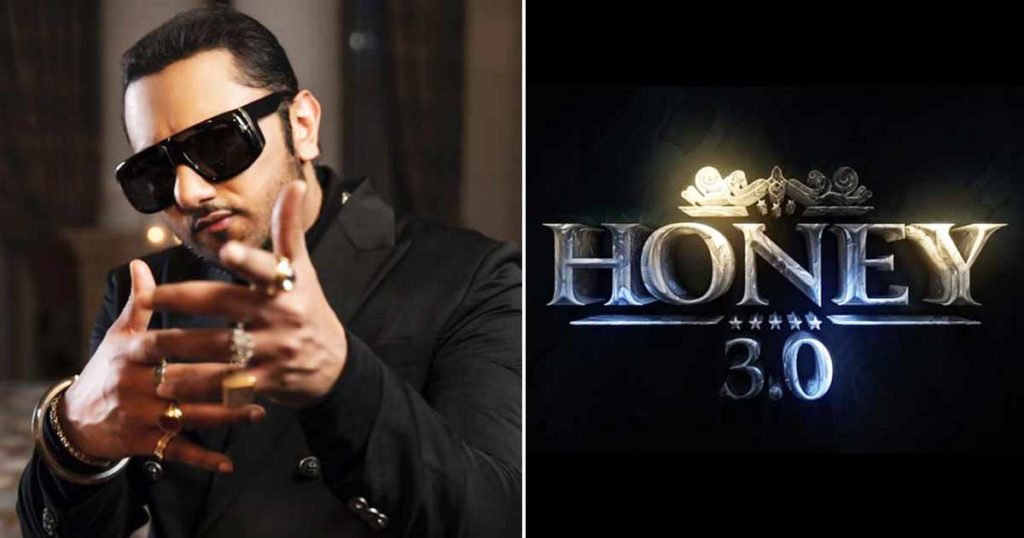
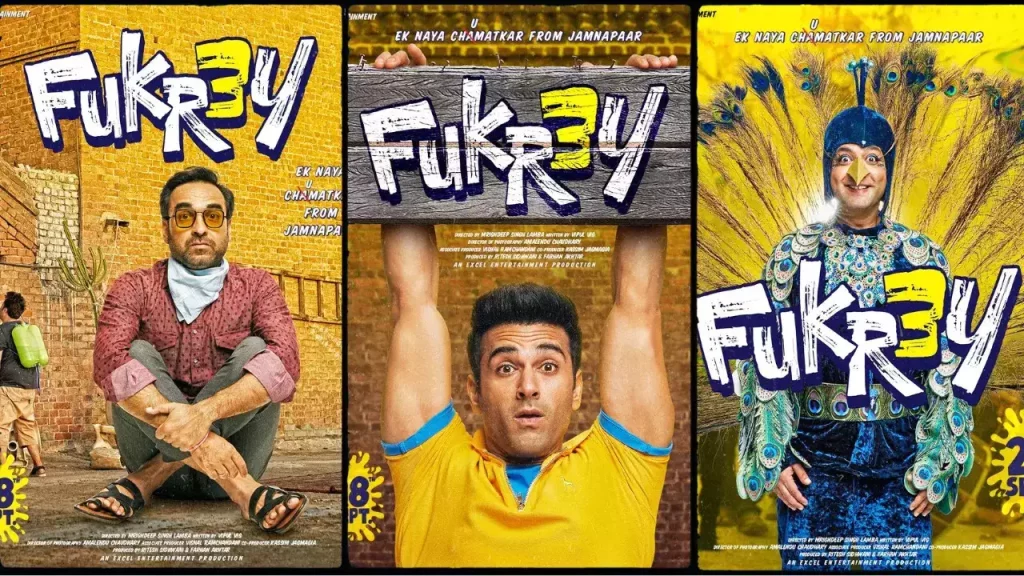



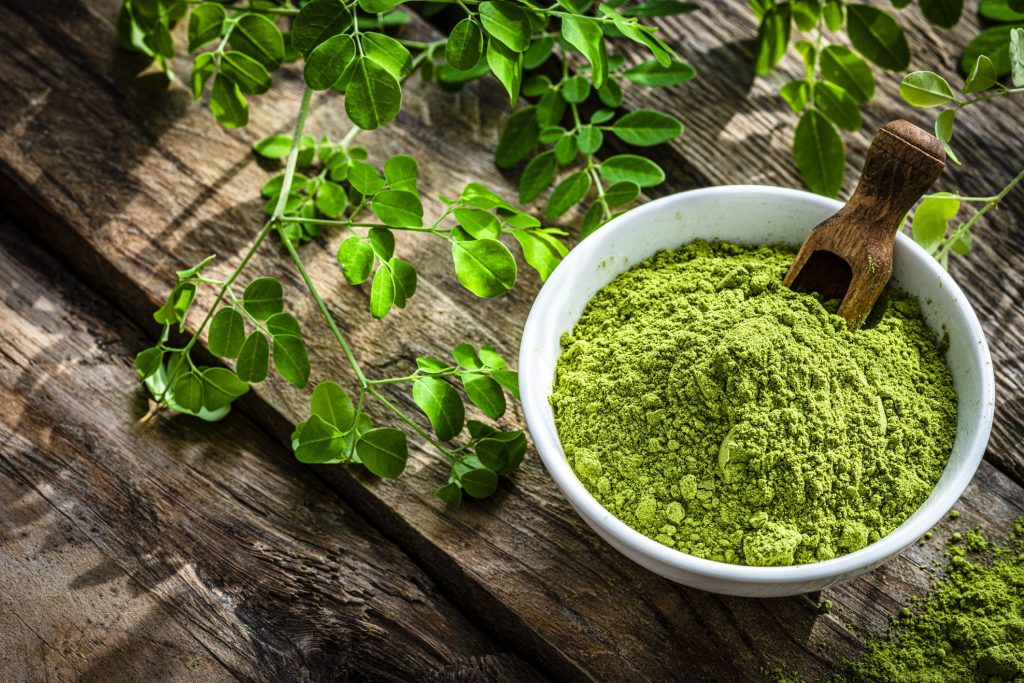
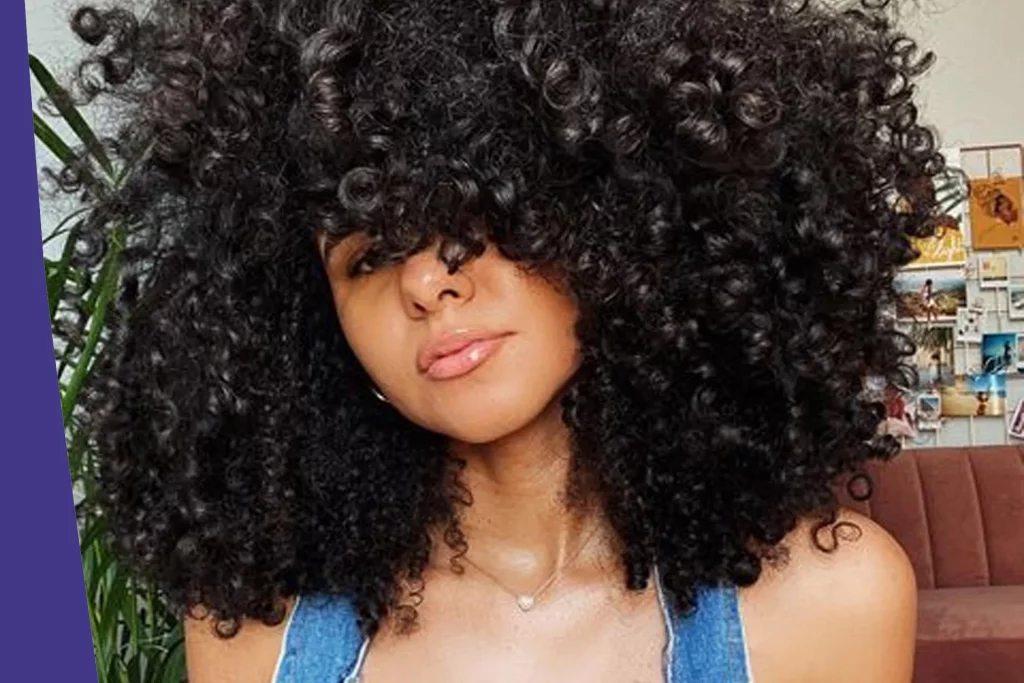



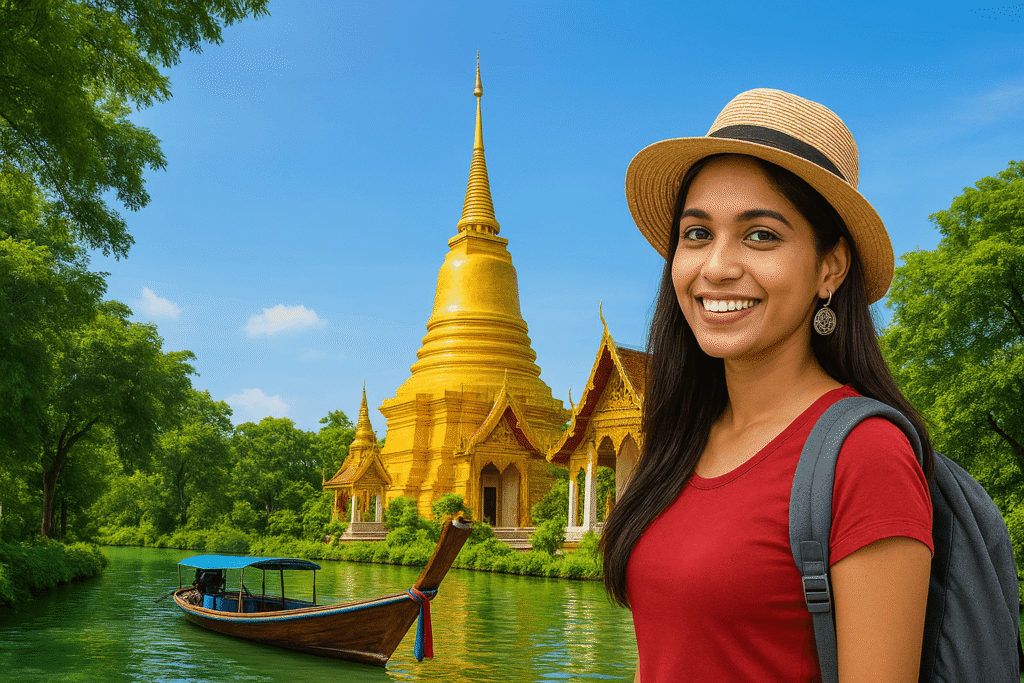
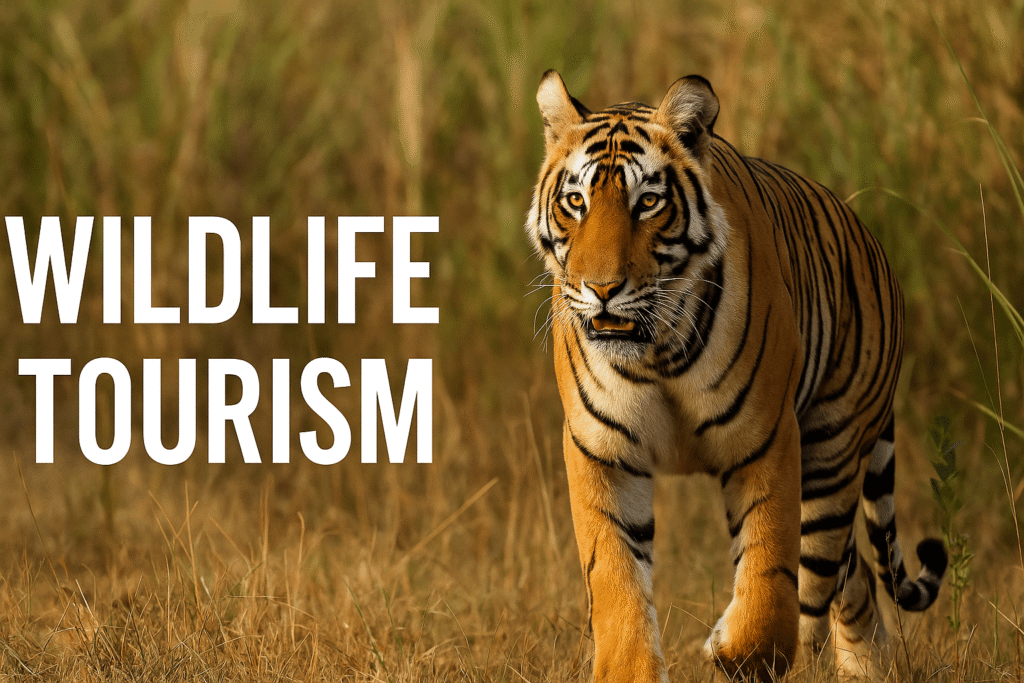

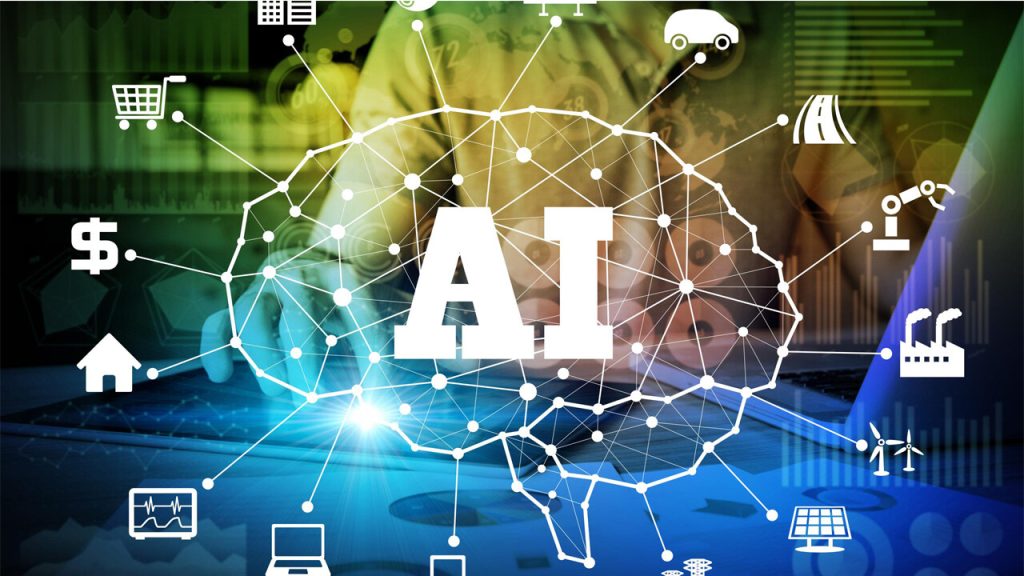
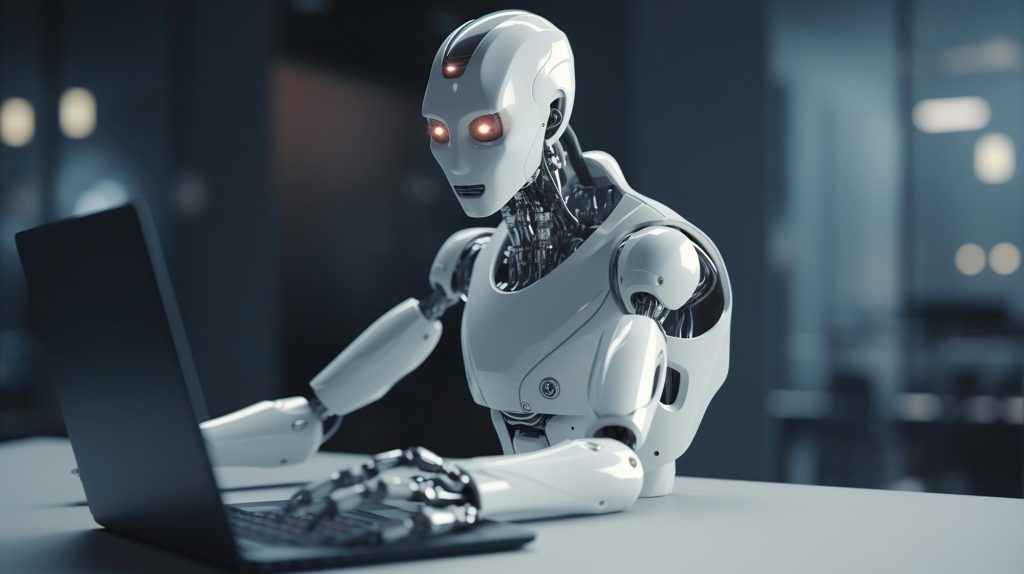
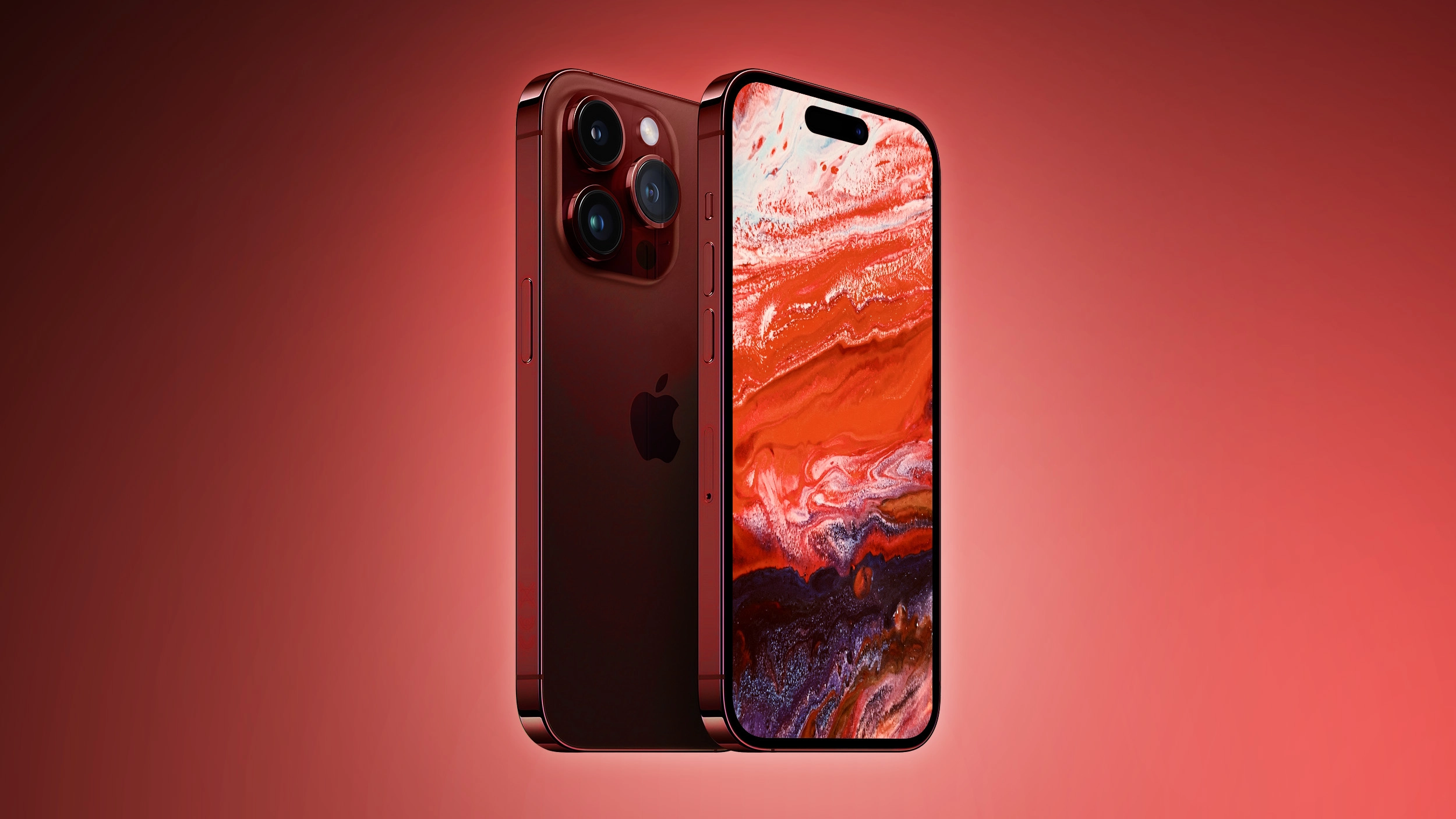
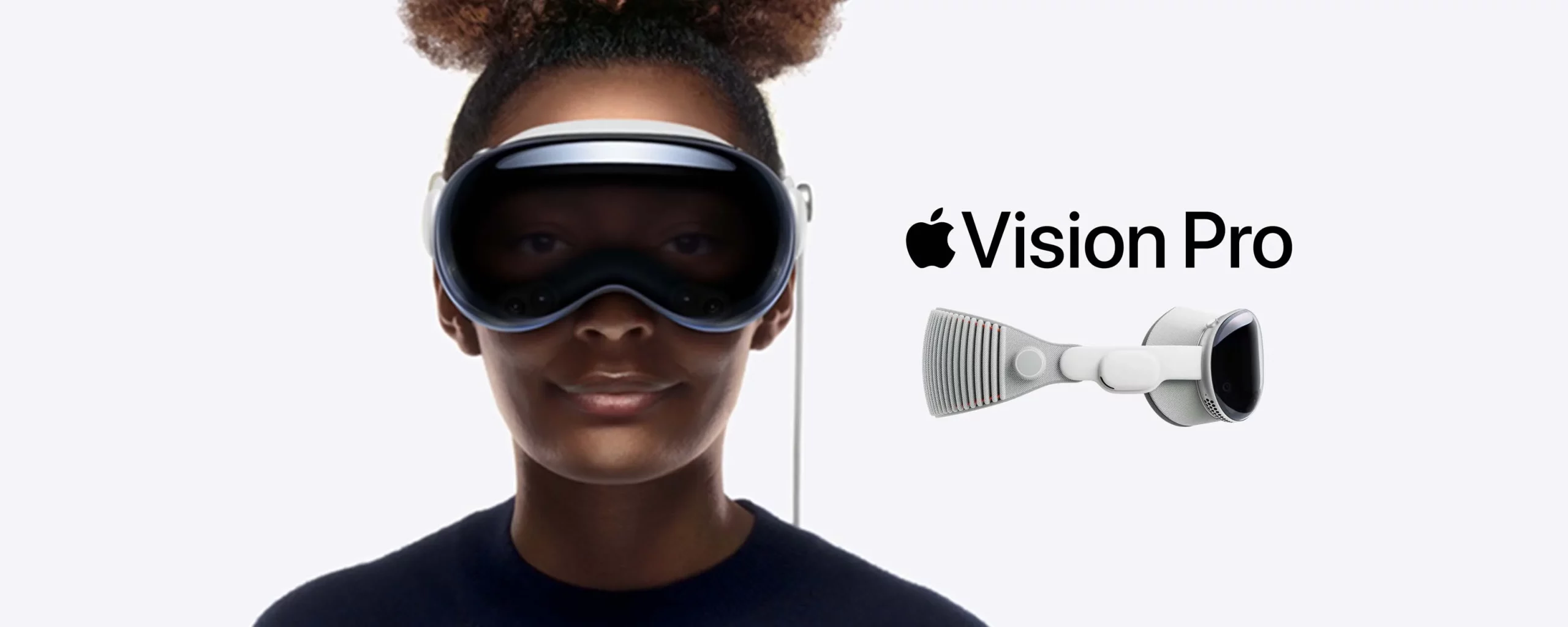



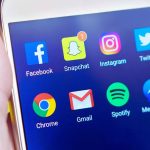













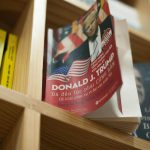

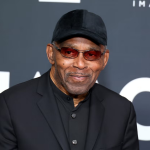
kate middleton
I am truly thankful to the owner of this web site who has shared this fantastic piece of writing at at this place.
Health Massive
There is definately a lot to find out about this subject. I like all the points you made